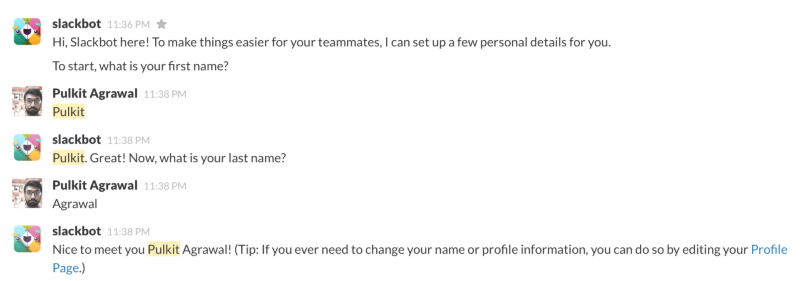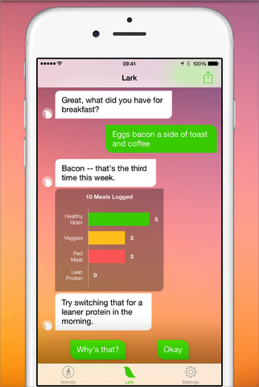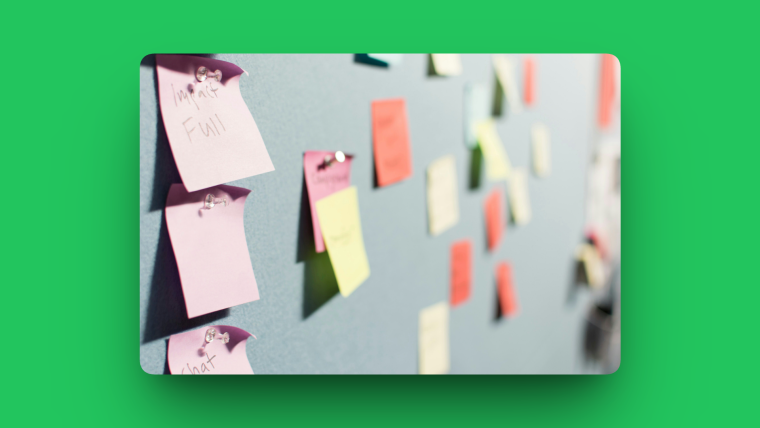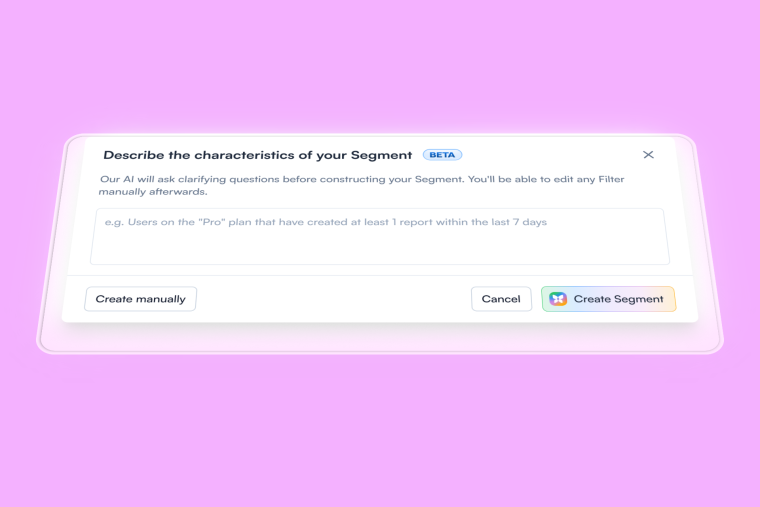
Her IS the future of interfaces and products
Approach users as you would people
The Notification Problem (getting permission to send push notifications) is an onboarding challenge faced by every teenager; when is the best time to get her / his number? Ask too early and you come across over-eager and needy, ask too late and the opportunity has gone. It’s an art, but also a science.
And it’s no longer out of reach — wikiHow has a great step-by-step guide!
Here is how to prepare beforehand:
-
Remember the worst case scenario is rejection, so don’t be scared
-
Find the right time and place (get attention, don’t stalk etc.)
-
Have something to do if the answer is “Yes”
-
Have an exit strategy / plan B if the answer is “No”
And here is how to actually ask:
-
Exude confidence (look good, be in control, don’t mumble)
-
Flirt a little — send signals that you’re interested
-
Don’t overdo it
-
Just ask
-
Accept the answer gracefully
Seems simple enough; now apply this to your product.
Consider when it’s best to ask the question — has the user seen and shown enough that they are interested in engaging more? If they accept then show them some immediate value, and if they don’t then have a graceful response. Keep your language confident but tease a little with what’s on offer. Above all make sure you believe it’s a good match for both parties.
Natural language resembles real talk
One of the most important formats of communicating effectively is with questions and answers. Socratic Questioning as a method of teaching originated in Greece BCE and has recently seen a revival as educators seek to encourage and improve critical thinking and understanding.[1]

Slackbot is a delightful way to obtain information during user onboarding
This is one of the reasons that apps relying on messaging (such as Magic and Operator) are blowing up — they allow us to use Q&A and natural language, making it much easier to understand and obtain our desired outcomes.

A user can respond with “Why’s that?” or “Okay”, which prompts a further response from the app
This is a macro-trend we’re seeing amongst many apps, alongside messaging platforms. A recent example is Lark which simulates conversation by providing users with response options. This isn’t real conversation — the user has limited options — and this isn’t new — software has always requested user input — but the format makes it seem intelligent and analogous to how I might interact with another person.
A product is just a medium for communicating, and all interactions with users should be considered as high-fidelity conversations.
Interface adaptation is the future
Hopper’s solution to asking for notifications permission is a essentially a hack for adaptive interfaces; segment users based on their state, fork user flows accordingly, and present the most relevant product experience. We have to see more of this, rather than static interfaces that offer the same user experience to everyone, regardless of context, intent, or needs. It will drive engagement because it will be more fulfilling for people.
To do this right now, follow Paul Graham’s advice [2] and “do things that don’t scale”: the manual version of applying artificial intelligence to your product is to find where users diverge most (i.e. search for high drop-off in a funnel) and present alternative interfaces (based on hypotheses about what the user needs). Lark makes a good attempt for this, and user onboarding is a great place to begin!
I’m running an experiment to see whether you agree that products and interfaces will become adaptive. If you do, please recommend this article and I’ll publish the ratio of reads : recommends to gauge sentiment.
If you disagree please comment to explain your point of view!
UPDATE 23 Sept: 534views, 296 reads, 23 recommends
References
[1] TES https://www.tes.com/article.aspx?storycode=6434281
[2] Paul Graham http://paulgraham.com/ds.html




